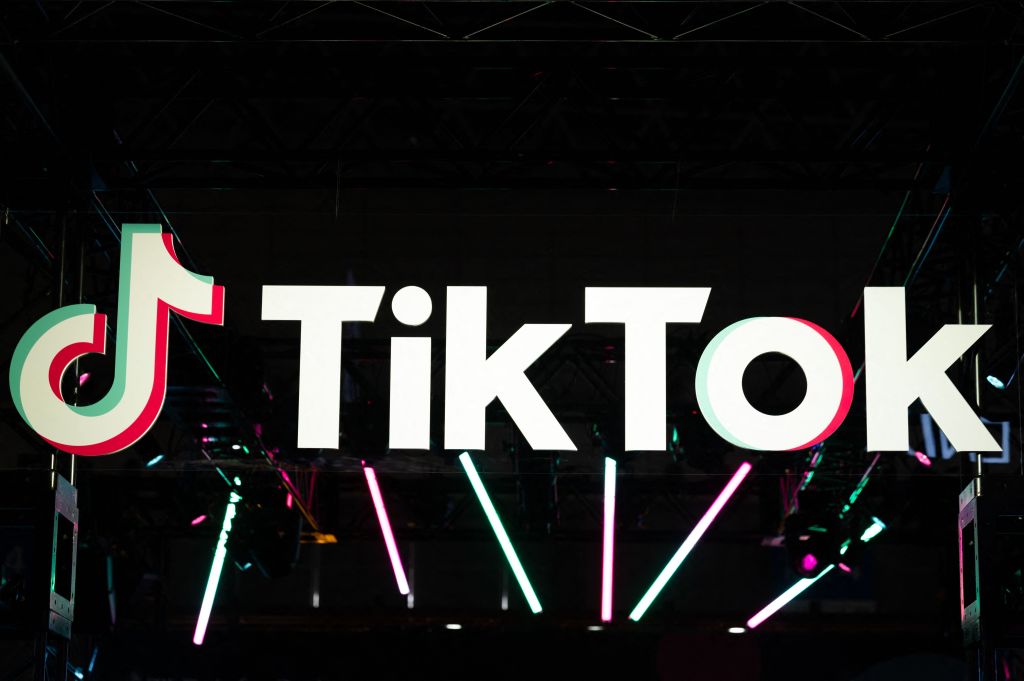TikTok is expanding its Effect Creator Rewards monetization program to more regions and lowering its payout threshold, the company announced today. The program, which launched in May 2023, rewards creators for the effects they make through TikTok’s AR development platform, Effect House. TikTok is also updating the program’s payout model, as creators will now receive rewards only for effects used in public videos.
The program is expanding to 33 more regions, including Argentina, Austria, Bahrain, Belgium, Belarus, Chile, Colombia, Czechia, Denmark, Ecuador, Egypt, Greece, Hungary, Israel, Kazakhstan, Kuwait, Mexico, Morocco, New Zealand, Norway, Oman, Peru, Portugal, Qatar, Romania, Saudi Arabia, South Africa, Sweden, Switzerland, Taiwan, Thailand, Turkey and Uruguay. Effect Creator Rewards is now available in a total of 53 regions.
Previously, creators needed an effect to have been used in 200,000 qualified videos within 90 days for the effect to start collecting rewards. Now each effect needs to be used in just 100,000 qualified videos to start earning rewards. When TikTok first launched the program last year, creators needed an effect to have been used in 500,000 videos for it to start earning rewards. The company brought the number down to 200,000 in October. Today’s update brings the eligibility requirement much lower than the program’s initial requirement.
As for the updated payout model, only effects used in qualified public videos will be eligible to collect rewards, whereas in the past, qualified videos also included private videos. TikTok acknowledges that creators can expect their effects to receive fewer Effect Creator Rewards qualified videos due to this change, but to compensate for this, it’s moving away from a flat fee model and will follow a RPM (revenue per mile) model.
With the new model, creators collect rewards based on total qualified videos that used their effect within the first 90 days, the company told TechCrunch. When an effect reaches 100,000 unique public video publishes, a creator will start collecting rewards and they will continue to collect rewards for every additional qualified video until the end of the 90-day period, or until they reach the maximum reward. The change applies to all effects published from today onward, while all effects published before today will continue to follow the previous payout and requirement model.
Since the program’s launch last year, TikTok says some creators have reached its maximum payouts of $14,000 per effect and $50,000 per month.
Today’s announcement comes a few days after TikTok announced that its revamped creator fund has increased total creator revenue by over 250% within the last six months. The fund, which launched a year ago and eventually replaced TikTok’s original $1 billion Creator Fund, is exiting beta in the coming weeks.
TikTok says its revamped creator fund has increased total creator revenue by over 250%































Comment